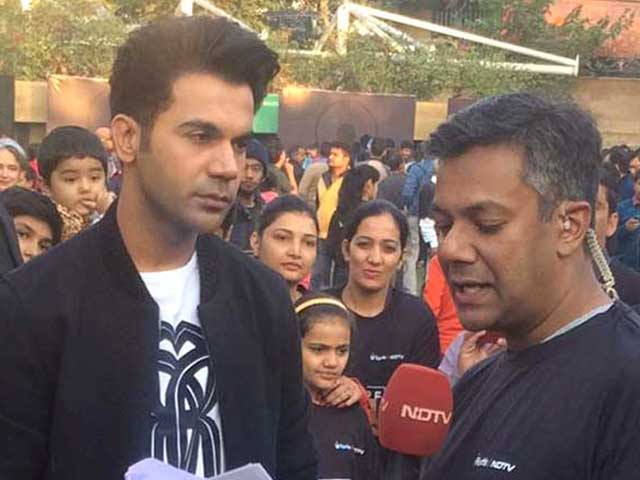
New Delhi: An organ transplant can be an expensive procedure. According to estimates, in private hospitals, a cornea transplant can cost up to Rs.1 lakh and heart transplants can cost as much as Rs.10 lakhs. Liver transplants, which work out to be the most expensive, can cost up to Rs.25 lakh.
While costs related to kidney transplants can vary, starting from approximately Rs.3 lakh, what can make this even more expensive is that it usually involves operating on a live donor as well. With cadaveric donation rates so low in India, kidney and liver transplants rely heavily on live donors. This means that insurance policies are generally required for both parties.
(Also Read: Life On A Waiting List: Where India Stands On Kidney Transplants)
Most health insurance policies do offer cover for organ transplant surgeries. Ideally, for live donors, this should mean that the costs associated with the pre-operative testing and hospitalisation should be borne by the recipient or their insurance company, as all these are integral to the transplantation procedure.
However, the extent of ‘organ donor coverage’ offered by different companies can vary.
“While the hospitalisation costs are covered, a recipient’s policy may exclude pre and post hospitalisation costs associated with the donor,” says Prashant Bhatia, an insurance expert at AM Wealth Managers Pvt. Ltd., “In some cases, it might be only 10 per cent of the cost.”
So while the actual surgery of an organ donor is usually covered by insurance, there is no fixed norm for follow up visits or possible complications linked to the harvesting surgery. The donor’s own insurance policy would definitely not cover this and it is likely that the recipient’s would not.
“There is not much clarity about this at the moment,” says Joydeep K. Roy, Partner and Leader – Insurance, PwC India, “It is something that is open to interpretation and could be considered by the company.”
The reason for this is that, for insurers, the primary customer is the recipient, explains Roy. This means that, in a traditional policy model, potential post-operative costs for the donor is something that has not been considered or formally included in its structure.
The reason why a donors’ own health insurance policies does not cover anything related to this is because of the very nature of insurance itself. Essentially, insurance is financial protection against an accidental or uncertain loss. Donating an organ, on the other hand, is a voluntary act.
However, there are certain standalone health insurance companies that have begun considering post-hospitalisation costs. For instance, policies offered by Religare and Apollo Munich cover the post-hospitalisation costs for donors for a period of 180 days.
A recognition of these potential costs by insurance providers and their clear inclusion in policy plans would be the way forward. For this, according to Roy, healthcare providers should provide accurate data to health insurance companies to collectively create a proper framework of coverage for donors.








